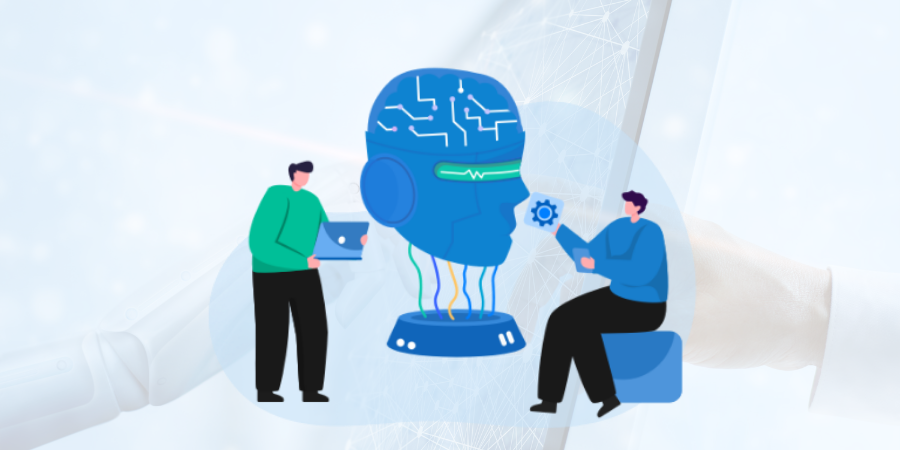
In recent years Artificial intelligence and machine learning have become more mature and advanced than ever. It won’t be wrong to say that today’s generation can’t imagine their life without AI. After all, AI has become an integral part of our life. For example, it would be pretty hard for someone to navigate through a new city without Google Maps, watching their favorite videos on YouTube or even text without autocorrect. All these technologies heavily use AI. But with this rise in popularity, there is also a rise in concern.
There is an ongoing debate on artificial intelligence ethics. Should we treat AI as a "person"? What happens if the technology starts to malfunction and we lose control of it? One thing is for sure: algorithms and AI will continue to learn and grow smarter than any human. A lot of decisions made by AI, algorithms will impact our life.
The most common concern is that automation will continue to replace human jobs. If you are not up to speed with this, be prepared for more difficult times ahead.
So, is artificial intelligence good, or is it bad? Depending on who you ask, you may get a different answer. But the truth is, it's both. And that’s nothing new. Any technology can fall into this debate, so to say. For instance, guns or nuclear weapons. Are they good or bad? We have to embrace both extremities. Famous personalities like Bill Gates and Elon Musk have shown concerns about the rapid rise of artificial intelligence on multiple occasions. But we don’t need to believe anyone blindly.
Let’s see the bright side and fears of AI in more detail and then come to a logical conclusion.
The bright side of AI.
Artificial intelligence is the idea of machines that can simulate intelligent behavior. The benefits are enormous. Some of the most significant benefits include cost savings, increased profits for businesses, and a better quality of life for ordinary people. Artificial intelligence can make life more convenient. Services like Google Translate, Apple’s Siri, and Amazon’s Alexa are just a few examples of AI in action.
AI has made an enormous impact on the advancement of the health sector. AI is assisting doctors all over the world in identifying diseases like cancers very fast. AI is also being used to find new cures and speed up research for new treatments. In terms of saving lives, it seems logical to support the advancement of AI.
Not just medicine, AI is helping businesses grow faster by automating jobs. AI can help manufacturers grow their businesses with automated logistics for better quality products and improved productivity, production rates, and worker safety.
AI is also helping people with disabilities. Advancements like robotic arms and prosthetic limbs are empowering many people in need. But this area is still young and the technologies developed are not cheap or accessible to many people. But so was a smartphone some years back. With the rapid advancement of technology, these technologies will be available for anyone in need one day. Again it seems AI is the answer to many of the world’s problems, and supporting its advancement is logical. But now, let us see the controversies around this technology and the concerns that people have.
The concerns of AI.
Artificial intelligence is reaching the point where it will be able to outperform human labor in many areas. Just imagine a self-driving car that runs as safely and safely as a human driver. But what about a self-driving plane? A self-driving car isn’t just going to be used by one person; it could be the key to the transportation of millions. Imagine a self-driving aircraft that can replace a commercial airline. In addition, some tasks are already done well by robots, like specific medical treatments, while other tasks can only be done by the human brain. The next step is to start replacing large parts of society with autonomous, self-guided robots. This has created a concern among the working class of losing jobs or some jobs just becoming irrelevant in the near future. Microsoft founder Bill Gates once said that “First the machines will do a lot of jobs for us and not be super intelligent. That should be positive if we manage it well. A few decades after that though the intelligence is strong enough to be a concern.”
The rate of progress of AI is at an exponential rate. Data collection, processing, and analysis are now being done by millions of computers connected to the internet. This has given rise to artificial intelligence. Data collectors and purchasers are investing more resources in technology. They are looking for better control, privacy, and marketing. Privacy is becoming increasingly relevant for everyone around the world.
But so far, the biggest concern related to AI is the rise of self-aware AI. A self-aware AI is supposed to have a consciousness and be aware of its existence. It just might be indistinguishable from humans. And what if we lose control over these sentient robots and they take over the world? And even if they don’t, what is the ethical way to deal with such technology? Will it be treated like humans or just another machine? All these seem to be more philosophical than scientific, but with the exponential rate of progress, we just might be closer to this future than we think. Tesla CEO Elon Musk is one of those who believe in ‘AI doomsday.’ To put it in his own words, “I think we should be very careful about artificial intelligence. If I had to guess at what our biggest existential threat is, it’s probably that..”



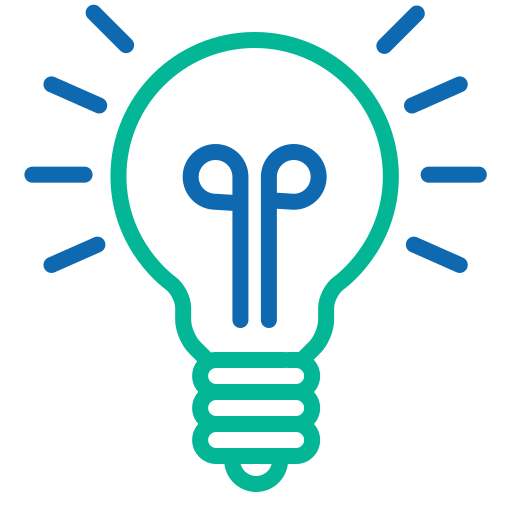
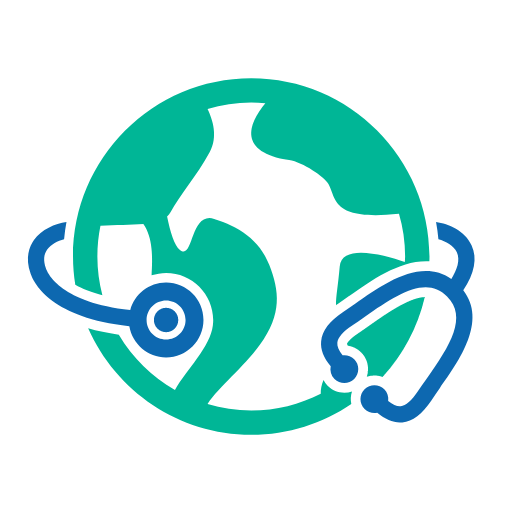



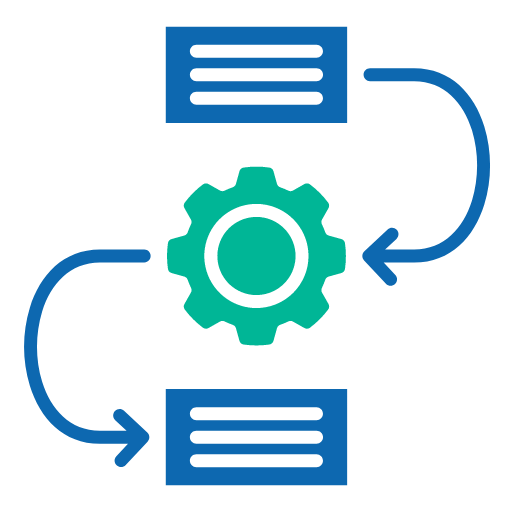


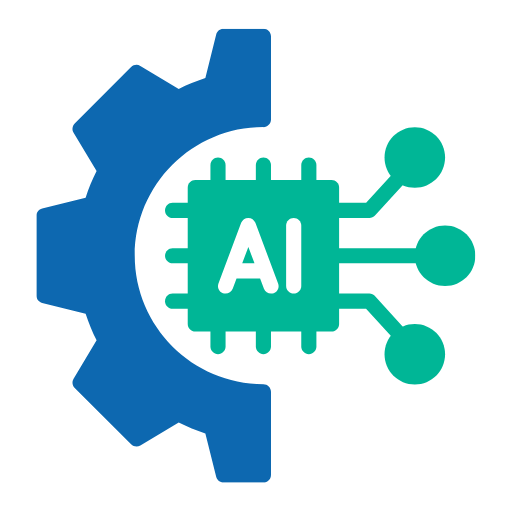



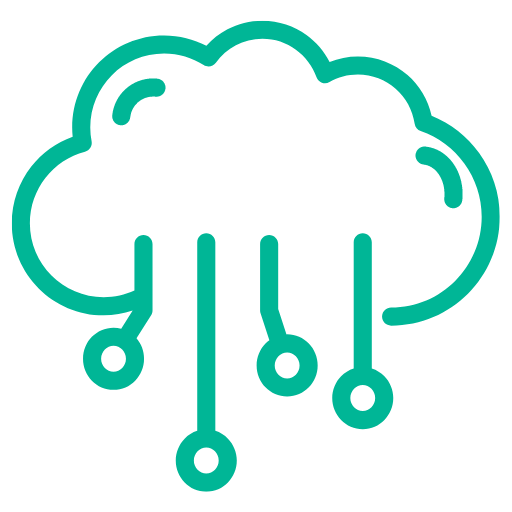






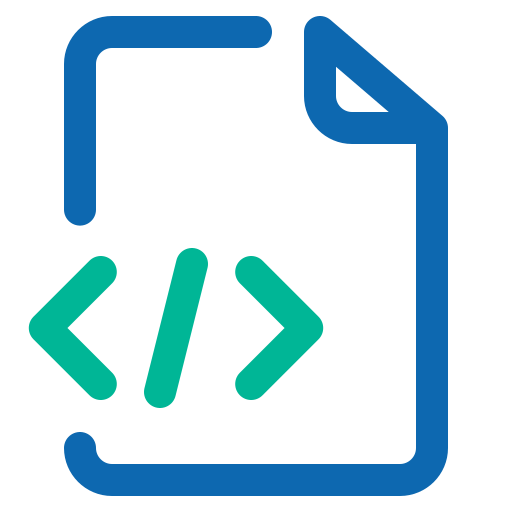
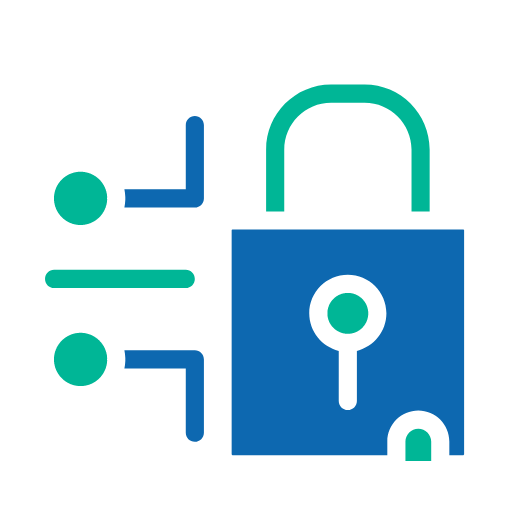

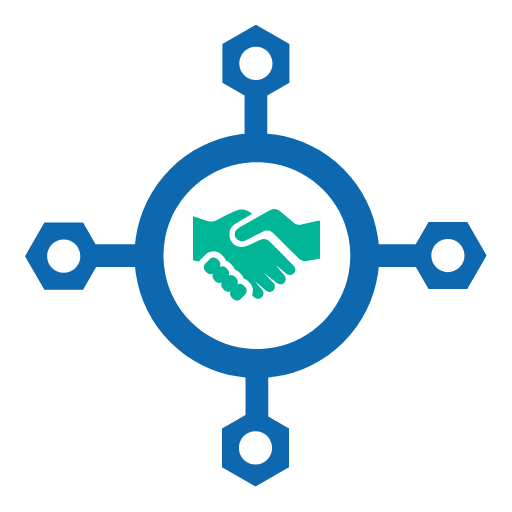
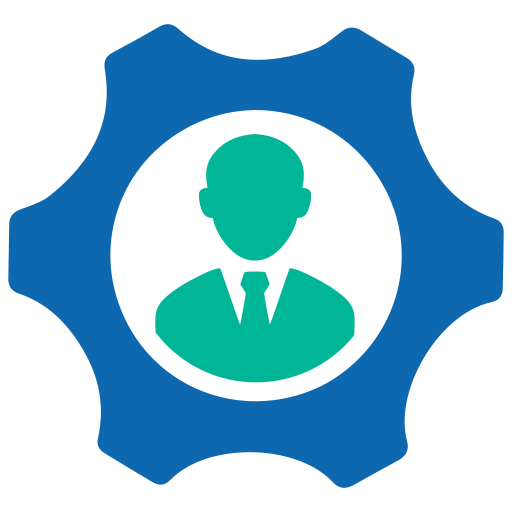
 Batoi Corporate Office
Batoi Corporate Office